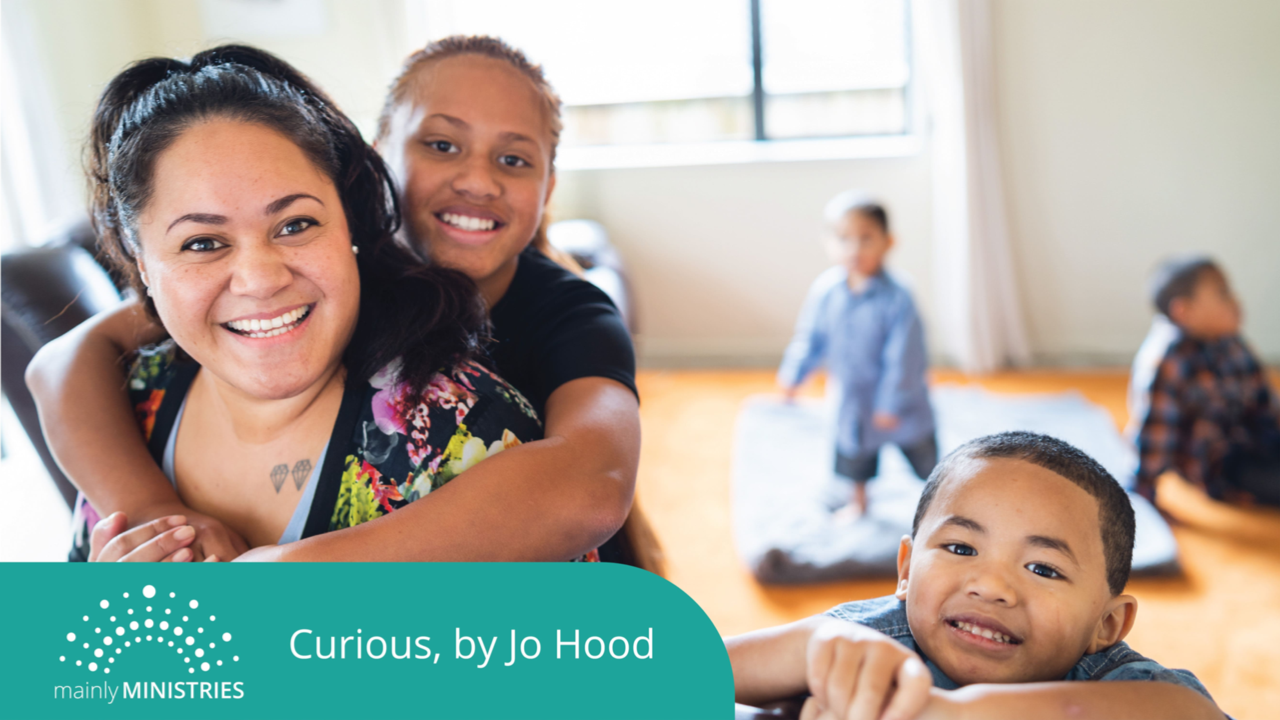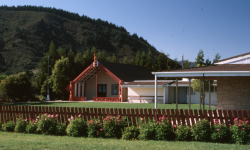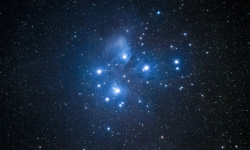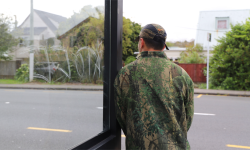
Curious, by Jo Hood, is a monthly column. Jo is the Visionary of mainly Ministries, an organisation that remains curious as they resource and support local churches, church plants, missional communities, and Christian schools to connect with whu0101nau in the community.
Itu2019s a favourite phrase we quote to ourselves, others, teams, and our whu0101nau/family. u201cFor such a time as this.u201d
Let me fill you in. A little over twenty years ago, mainly Ministries started considering what it might look like to embrace Mu0101ori culture. Back then, there was little instruction available. We started by answering the phone, u201cKia orau201d, to settle in our hearts how brave and committed we were. One caller immediately responded, u201cYouu2019re not going all Mu0101ori on us, are you?u201d A response like that forced us to consider our posture.
Aotearoa/New Zealand is a bicultural country with an established treaty, Te Tiriti o Waitangi. While there is a long way to go for everyone to fully understand and embrace the first people of the land, Mu0101ori, Te Tiriti o Waitangi has spearheaded our embrace. More recently, He Whakaputanga has become part of that embrace, too.
Initially, this journey was about me as a Visionary for mainly Ministries. I was unwilling to have mainly music translated into Te Reo Mu0101ori on our letterhead and consider this sufficient. I was unwilling to respond with a token response. Over those years, I have ventured slowly into a bicultural journey. This sped up with the move of my whu0101nau/family to Australia to establish the organisation in late 2005.
When youu2019re in your culture, you often donu2019t notice or acknowledge it. But when we moved to Melbourne, Australia, I immediately noticed what was different and what I missed. Mu0101ori and Pacific Island people laugh a lot u2013 I missed hearing laughter as I moved through crowds of people. Mu0101ori words are spoken (even more so now) within everyday language. Mu0101ori art is everywhere in Aotearoa u2013 I missed seeing those familiar images. Australian life was similar but different to mine. With very little steps, I made changes to embrace Mu0101ori culture despite being u2018over the ditchu2019. But I knew this wasnu2019t enough.
In 2009, we recorded a bilingual album for mainly music. Eight traditional songs already used by mainly music were translated with specific Te Reo words to ensure people understood the wordsu2019 meaning. Two songs were translated into full Te Reo.
In 2019, our Grant Writer and I discussed the implications of taking our personal bicultural journey further and honouring Te Tiriti o Waitangi as an organisation.
What you need to know is Iu2019m a recovering racist. Unknowingly and knowingly, I became racist towards people who first settled in Aotearoa. But that is in the past. I have reformed and am reforming.
Fast forward to early 2020, we engaged Elyse, Pouwhiringa/Cultural Advisor, and began a haerenga/journey titled Kia Puu0101wai/a place of growth, a place to blossom. Through this time, key staff gathered and began gaining an understanding of the history of Aotearoa/New Zealand, the responsibilities of Te Tiriti o Waitangi, the implications of He Whakaputanga, and the response of our new knowledge. Later, all staff were enveloped into this place of discovery. Each person was moved by their own u2018ah hau2019 moments, where knowledge moved to their heart and as a result, change took place. Elyse had a gracious ability to create a safe place where we could explore and venture together to understand, enquire honestly, come face-to-face with our own level of racism, wrestle with, cry about, and call out to God.
Within mainly Ministries, we are committed to honouring the first people in each land where our organisation settles and contextualise solutions that enable communities of faith to connect with their local community. In Aotearoa, we believe it is our responsibility, as followers of Jesus, to honour Mu0101ori. We believe this is key to then honouring other cultures. We believe this is key to then honouring ourselves.
It doesnu2019t matter what happens around us or what others in places of authority say. As communities of faith, I believe we must uphold He Whakaputanga, Te Tiriti o Waitangi, and in doing so, welcome Mu0101ori first, bringing us into a posture that then creates a welcome to those from other cultural traditions.
This is our collective moment to turn our hearts, minds, soul, and strength towards a commitment to haerenga/journey in our cultural competency as the Church of Aotearoa. This is our collective moment to posture ourselves and consider what power looks like, then not allow that power to stop us from haerenga/a journey. This is our collective moment to serve, to lean into what it means to be partners, to honour and uphold the articles that founded this partnership, to unlearn and re-learn. This is our collective moment to act because we are motivated by Jesus, not for any gain other than to learn how the heart of Jesus beats.
Church, communities of faith, for such a time as this.
Photo: Supplied by mainly Ministries, from iStocku202f


